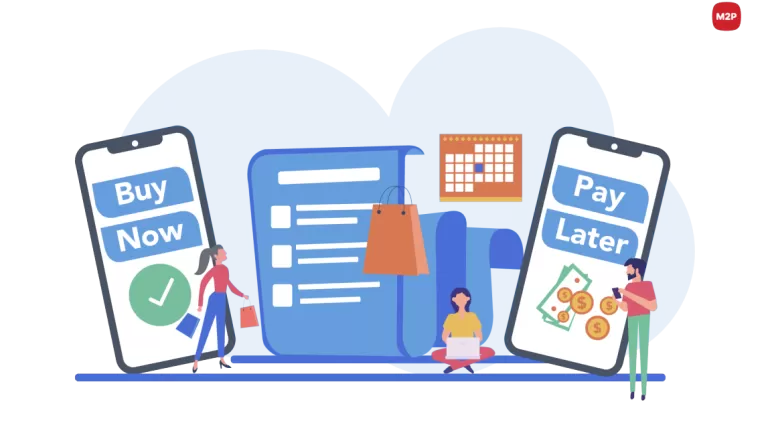


Dec, 21 2024
Currently, "Buy Now, Pay Later" (BNPL) services such as Afterpay and Klarna have become increasingly popular in the world of e-commerce, revolutionizing how consumers pay for their purchases. Instead of relying on debit or credit cards, more consumers are turning to these services to split the cost of their purchases into interest-free installments. While this system offers many benefits, it also presents financial challenges for retailers, prompting regulators to introduce measures due to its widespread use and potential impact on consumer behavior.
There is a growing need to understand the impact of these systems on consumption patterns and why they appeal to certain consumers. Can they be considered a worthwhile investment for retailers? What factors drive people to adopt this method, and who is most affected by it?
Recent studies have shown that BNPL systems contribute to increased consumer spending. Based on data from a major U.S. retail company, the purchasing behavior of 75,000 consumers who used these services was compared to that of 200,000 who did not. The results revealed a noticeable increase in spending after adopting the system, with purchase likelihood rising from 17% to 26%, and cart sizes increasing by 10%. Notably, this effect was not short-term but persisted for up to six months, indicating sustained benefits.
The greatest impact was observed among consumers facing financial constraints or those primarily relying on credit cards. These consumers showed a greater willingness to make purchases, with a 14% increase in cart sizes compared to only 3% for consumers with higher purchasing power.
Experiments reveal that BNPL systems provide a sense of financial flexibility by breaking costs into smaller, more manageable installments. This structure reduces financial pressure and encourages consumers to make bolder purchasing decisions.
These systems offer retailers a chance to boost sales and revenue, as they enable consumers to make larger purchases that might have seemed unattainable. However, companies must exercise caution, as these services may lead to excessive borrowing for some customers, placing them under financial strain. Additionally, increasing regulatory scrutiny aims to protect consumers from falling into debt.
Despite potential challenges, "Buy Now, Pay Later" remains a powerful tool in e-commerce. However, businesses offering these services must consider ethical and regulatory aspects to ensure a balance between profitability and consumer protection.